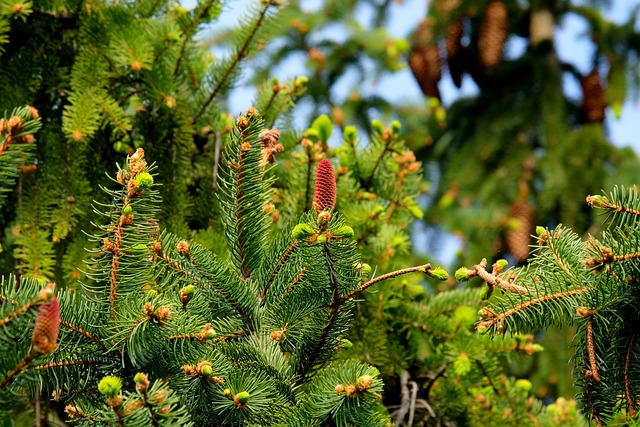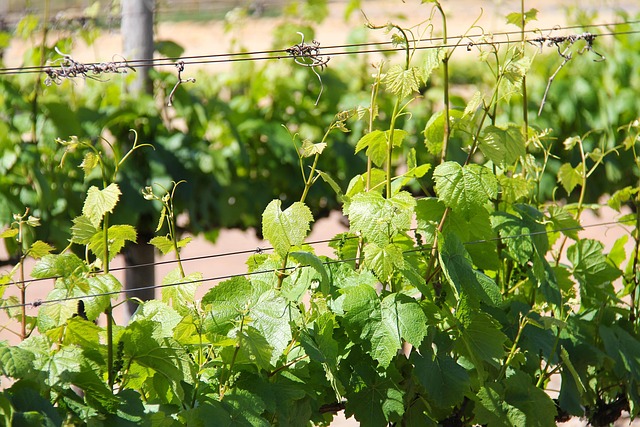Growing Green: Exploring Eco-Friendly Municipal Kindergarten Garden Programs
In recent years, there has been a transformative movement sweeping through our communities — an embrace of eco-friendly practices that not only nurture our environment but also foster a sense of connection between young children and nature. Municipal kindergarten garden programs are at the forefront of this inspiring change, allowing our littlest ones to engage with the earth in meaningful, impactful ways.
Connecting with Nature
Nature has an innate ability to captivate hearts and minds. When children dig their hands into the soil, plant seeds, and watch them grow, they are not merely participating in an activity — they are witnessing life in action. These experiences instill a sense of responsibility and stewardship for the environment from an early age. Municipal kindergarten garden programs provide that invaluable bridge to nature, allowing children to explore and learn about the world around them in a hands-on manner.
Learning Through Gardening
Gardening is more than just growing plants; it is a comprehensive educational experience that teaches children about ecosystems, sustainability, and nutrition. Through their participation in municipal kindergarten garden programs, kids learn the importance of biodiversity, the value of composting, and the joy of harvesting their own vegetables. This practical knowledge empowers them to make healthier choices and understand the impact of their actions on the environment.
Eco-Conscious Practices
Municipal kindergarten garden programs often prioritize eco-friendly practices that minimize harm to the planet. Using organic gardening methods, such as natural pest control and composting, children learn to appreciate sustainable methods that respect nature’s balance. Schools incorporate educational themes about recycling, conservation, and water-saving techniques, creating a holistic approach to environmental education that resonates deeply with the youngsters.
Building Community
One of the most delightful aspects of municipal kindergarten garden programs is the sense of community they foster. Parents, teachers, and local residents often come together to create these green spaces, cultivating not just plants, but also relationships. This collaboration enhances community bonds, as families share in the joys of gardening, exchanging tips and harvests, and organizing events that celebrate their collective efforts to nurture the environment.
The Ripple Effect
The benefits of these gardening initiatives extend beyond the classroom. As children grow up with an appreciation for eco-conscious living, they carry that knowledge and passion into their communities. The seeds planted in their early years will sprout into lifelong habits, influencing not only their personal choices but also the environmental practices of future generations.
As we navigate the complexities of modern living, it is vital to prioritize programs such as municipal kindergarten gardens that nurture the connection between young minds and the natural world. By cultivating a love for nature and an understanding of eco-friendly practices, we are helping to inspire tomorrow’s environmental stewards. Let us continue to support and expand these green initiatives, ensuring a sustainable future for our children and the planet they will inherit.




